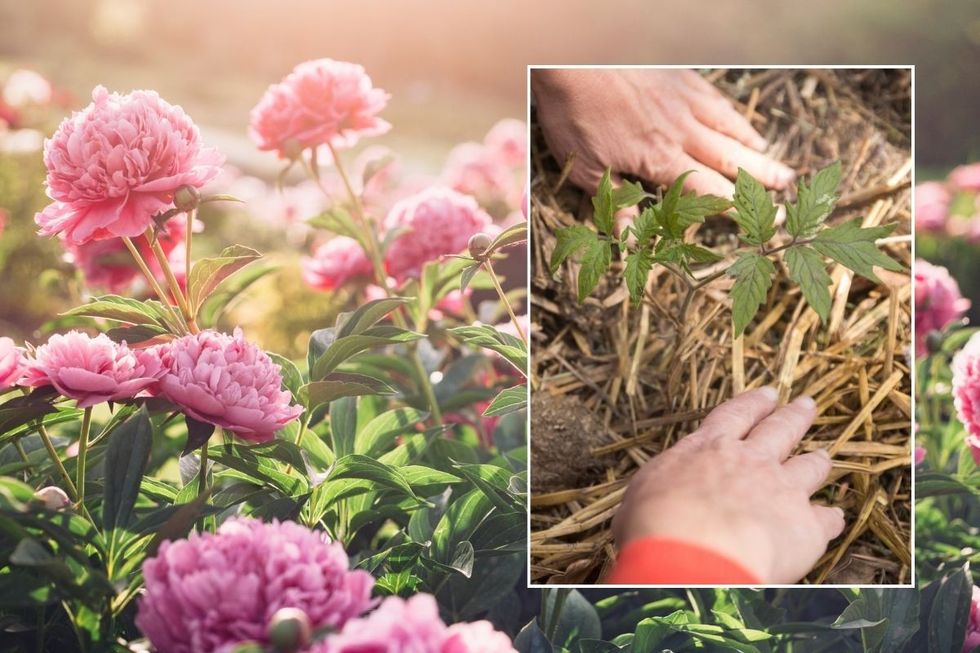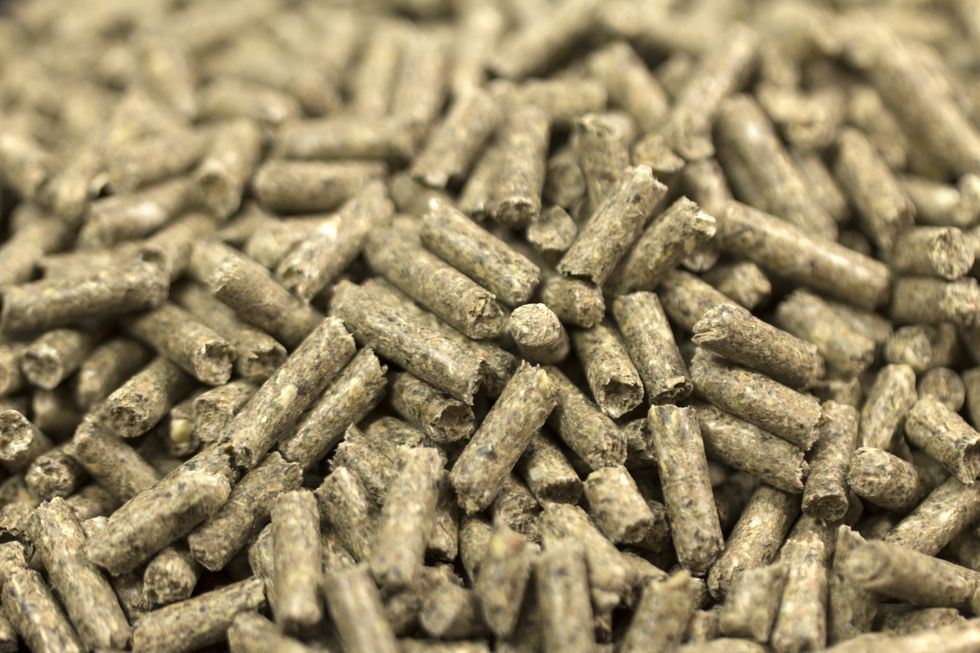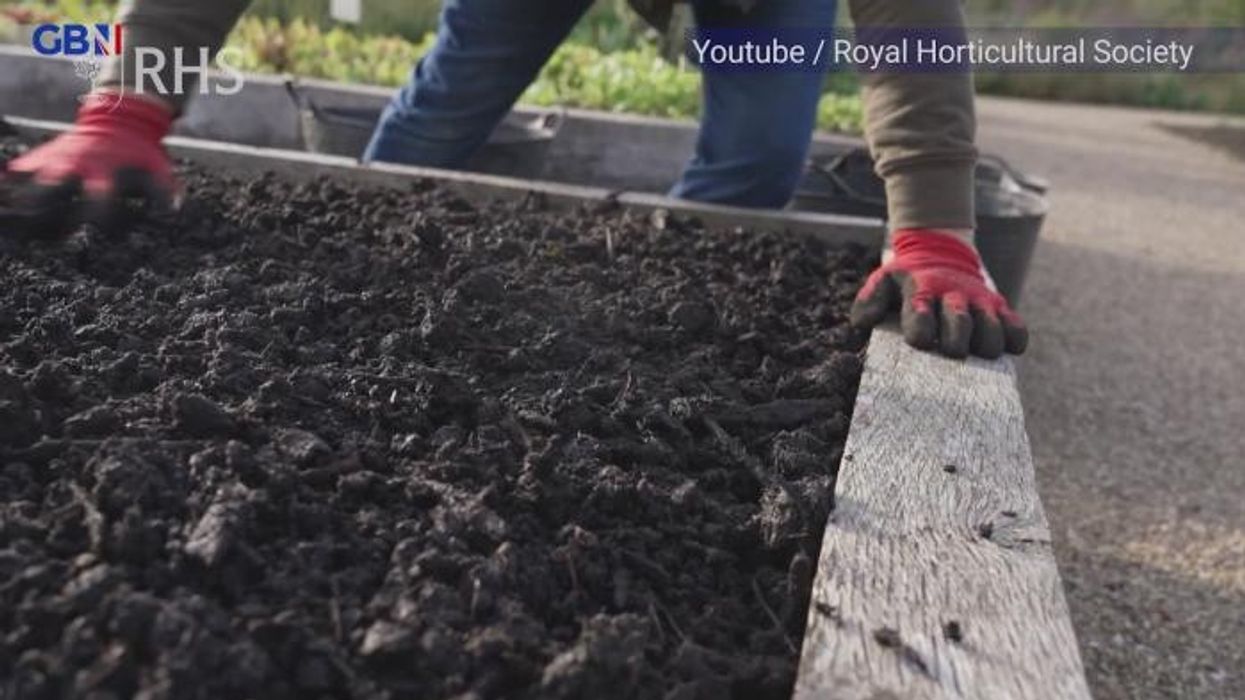‘Common mistake’ to avoid when mulching plants and the best ingredient to use with it for ‘prolonged flowering’

Applying organic feed to your soil could heighten your chances of a "high-quality" and "healthy yield"
Don't Miss
Most Read
With optimal weather conditions spurring growth in our gardens, the focus will soon shift towards prolonging the lifespan of blooms.
Alan Blunker, AI’s Garden Service, stresses the importance of avoiding botanical blunders to prepare gardens for a successful yield as they transition from spring to summer.
He said: “Overplanting leads to overcrowding, so give plants ample space and fill gaps with bedding plants for vibrant summer colour.
“Plan for year-round beauty by selecting a balanced mix of bulbs, shrubs and roses. Be cautious with mulching, as excessive mulch can harm roots, especially for acid-loving plants. Additionally, avoid overwatering; maintain slight soil moisture to prevent root rot."

Gardening experts warn not to overcrowd garden beds
|GETTY
To ensure gardeners maximise their garden’s summer potential, there are certain additions to feed the plants.
Mix mulch of general fertiliser onto the soil for healthier plants, moisture retention, weed suppression and improved texture. Consider organic chicken manure pellets for prolonged flowering.
For gardeners hoping to enjoy flowers until later in the summer, Alan advises growing annuals from seeds in Spring, which will provide summer blooms.
“Water, feed and dead-head regularly for optimal growth,” the expert said. “Divide favourite plants in spring to increase their numbers; carefully lift roots, split or divide, remove dead parts, soak in water, and replant with compost.”
The Royal Horticultural Society also recommends using rich organic chicken manure supplied in easy-to-apply pellets.
“Use all around the garden or allotment when planting and feeding establishing plants,” explains the gardening body.
“Rich in organic matter and nutrients for healthy growth, the pellets will feed plants for three months as well as enrich and condition soil.
“Made from 100 composted manure, they’ll give the garden a boost at any time of year. In autumn, scatter them when digging winter beds. In Spring, use as a base fertiliser when preparing beds for planting.”
The gardening body recommends another application three to four weeks after planting to get a "high-quality, healthy yield".
“If sowing seeds or planting out small or sensitive plants, apply the pellets a few days in advance. For best results, use a hoe to work them well into the soil," it adds.
LATEST DEVELOPMENTS

Applying the pellets to your soil
|GETTY
It comes as British Horticulturalist Monty Don recommended watering tulips more frequently this April for longer blooms.
Writing on his monthly blog, the gardening guru explained: “Because they have been so passive for months and because April is traditionally so showery, it is easy to overlook the fact that tulips need water once they are growing strongly, so I water those growing pots weekly.
“This will not affect flowering this year, although it might make the blooms last long, but it will help the foliage which in turn makes a big difference to near year’s bulbs.”
Tulips grow well in soil rich in organic matter. They like cool moist conditions in spring, with a dry warm summer conditions for their summer dormancy period.











